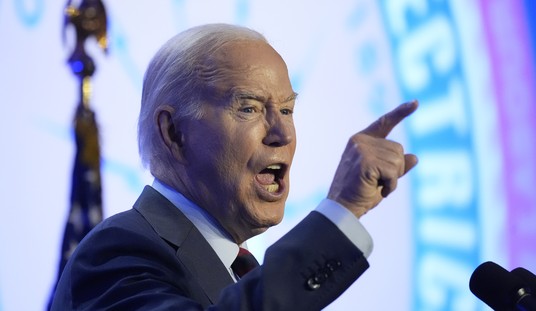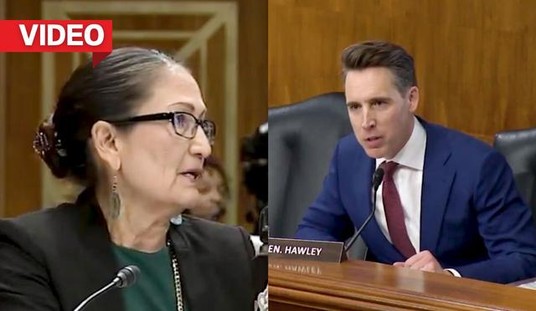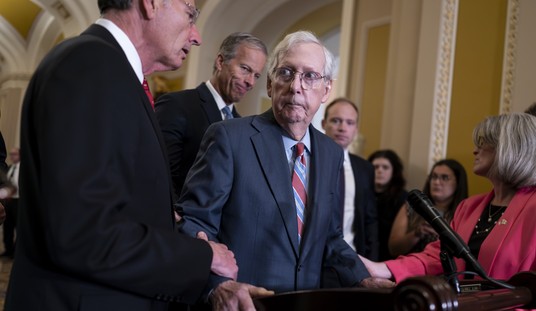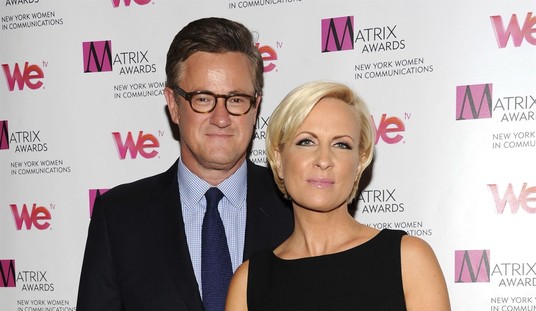South Carolina’s Supreme Court ruled today that the state's ban on abortions after six weeks did not violate the Palmetto State's constitution, voting 4-1 to uphold the ban in the suit brought by Planned Parenthood South Atlantic against the law passed May 23 in a special session called by Republican Gov. Henry McMaster.
"The Supreme Court's ruling marks a historic moment in our state's history and is the culmination of years of hard work and determination by so many in our state to ensure that the sanctity of life is protected," said McMaster, who was the state’s lieutenant governor in 2017 when President Donald J. Trump named then-governor Nikki Haley his ambassador to the United Nations.
“With this victory, we protect the lives of countless unborn children and reaffirm South Carolina's place as one of the most pro-life states in America,” he said.
South Carolina Justice John Kittredge, writing for the majority, spoke about the court's need to honor the legislature's intent.
“The legislature has found that the State has a compelling interest in protecting the lives of unborn children. That finding is indisputable and one we must respect,” Kittredge said.
The jurist said for the state's judiciary to weigh in on protecting life against the will of the state's lawmakers would be extraordinary. "It would be a rogue imposition of will by the judiciary for us to say that the legislature’s determination is unreasonable as a matter of law.”
Marjorie Dannenfelser, the president of Susan. B. Anthony Pro-Life America, said, “Life is winning in the Palmetto State and in hearts and minds nationwide.”
Dannenfelser said the decision was also a victory for the democratic process in South Carolina.
“Today’s decision respects the compassionate will of South Carolinians and their legislators, who have repeatedly expressed their desire to protect babies from brutal abortions and provide true aid to mothers,” she said.
The six-week ban is also called a "heartbeat bill" because it is roughly when doctors can detect cardio activity by the unborn child.
The South Carolina high court's decision comes the morning of the first Republican National Committee hosted presidential debates in Milwaukee—two of the candidates scheduled to debate hail from the state, Haley and Sen. Tim Scott.
Speaking at the SBA Pro-Life America headquarters in April, Haley said she would support a federal role in protecting unborn children but prefers that the matter be dealt with in the states.
As governor, Haley signed a ban on abortions after 20 weeks, which was the standing law before the six-week bill passed.
Another candidate slated to appear at the debate is Florida’s Gov. Ron DeSantis, who signed his state’s heartbeat bill at a ceremony in his office on April 13.
DeSantis told the guests from the pro-life community invited to witness the signing that he was proud the legislation also included support for mothers struggling financially.
“We are proud to support life and family in the state of Florida,” he said. “I applaud the Legislature for passing the Heartbeat Protection Act that expands pro-life protections and provides additional resources for young mothers and families.”
Previously, DeSantis also signed the state’s ban on abortions after 15 weeks, a so-called “pain-capable bill,” which is around the time the doctors determine the unborn child can begin to feel pain.
Both of Florida’s pro-life laws, the 15-week ban and the six-week ban, are held up by court challenges.
Polling around the fight to restore legal protection to unborn children has always been a murky business, but support for heartbeat bills has been remarkably resilient.
In a Des Moines Register poll released today, nearly 60 percent of Republicans likely to participate in the Iowa caucuses support the heartbeat bill their Gov. Kim Reynolds signed July 14.
Like the South Carolina bill, the Iowa bill has exceptions for rape, incest, fatal fetal abnormalities and the mother's health. It is unenforced as it is being challenged in the Iowa courts.















Join the conversation as a VIP Member